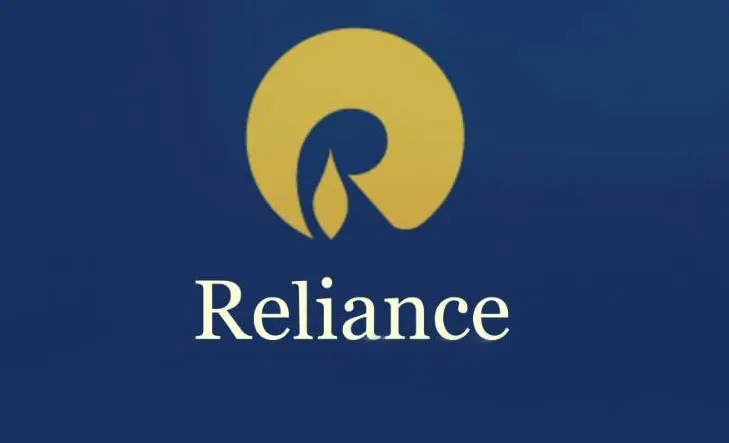Are RIL Shares on Shaky Ground Despite Strong Q1 Results?

Synopsis
Key Takeaways
- RIL shares have dropped over 7% in 30 days.
- Despite strong Q1 earnings, investor sentiment remains cautious.
- The AGM on August 29 is critical for future guidance.
- US sanctions on Russian oil are impacting RIL's operations.
- Brokerages maintain or improve ratings despite decline.
New Delhi, Aug 14 (NationPress) Reliance Industries Limited's (RIL) shares have experienced a decline of over 7 percent in the past month, despite receiving solid backing from leading brokerages after the Indian conglomerate reported earnings that exceeded expectations for the first quarter of the fiscal year (Q1 FY26).
Market analysts suggest that the stock is undergoing a corrective phase, largely influenced by US President Donald Trump’s measures against India's imports of Russian oil, which poses a significant challenge to Mukesh Ambani's enterprise.
RIL has been a key importer of low-cost crude for its massive oil refinery located in Jamnagar, on the coast of Gujarat.
Investors are likely to adopt a cautious stance regarding the stock as they approach the Annual General Meeting (AGM) set for August 29.
Market watchers will be particularly attentive to the management’s insights on ambitions to expand overall operations, updates concerning IPO timelines for Jio and Reliance Retail, and the growth outlook in the retail sector after a recent organizational reshuffle.
Despite RIL showcasing a remarkable 78 percent year-on-year growth in net profit, totaling ₹26,994 crore in Q1, brokerages including Morgan Stanley, Motilal Oswal, Novuma, and Macquarie have either sustained or improved their ratings for the stock.
However, this brokerage support has yet to significantly uplift investor optimism.
Weak earnings from the April-June quarter and a subdued Nifty index, primarily due to concerns over Trump’s tariffs, have also played a role in RIL's lackluster performance.
This week, the Financial Times highlighted that RIL is among the major beneficiaries of Russian crude imports.
Private Indian refiners like RIL have reportedly gained more than their state-owned counterparts, such as Indian Oil and Bharat Petroleum, due to a higher volume of oil product exports, as stated by Amrita Sen, director of research at the data analytics firm, Energy Aspects.
Previously, the US did not oppose Russian oil imports as long as prices remained below the $60 per barrel cap established by the G7 nations to limit Russia's revenue.
Petroleum and Natural Gas Minister Hardeep Singh Puri has remarked that India's acquisition of Russian crude oil has assisted in stabilizing global energy prices.









